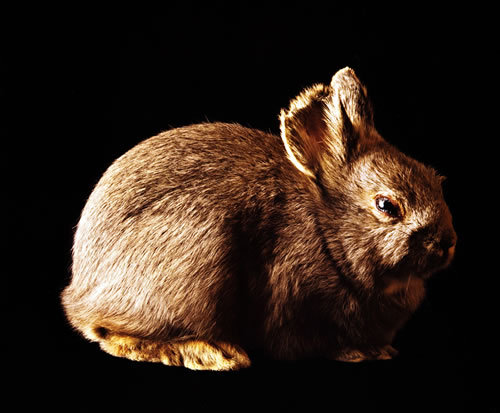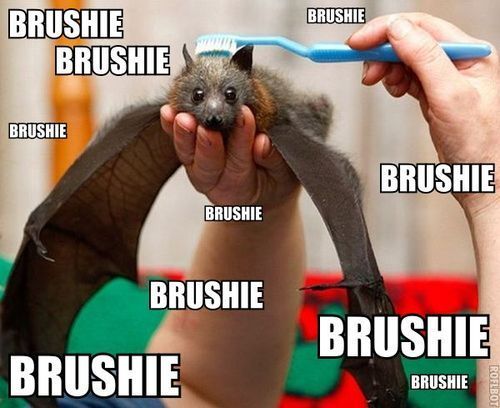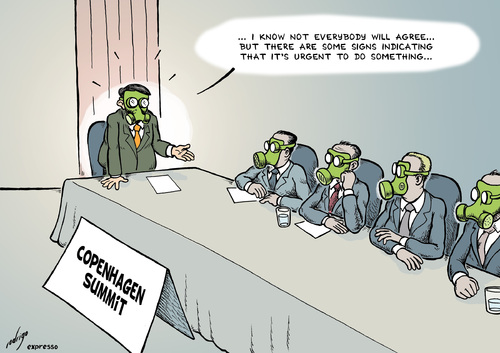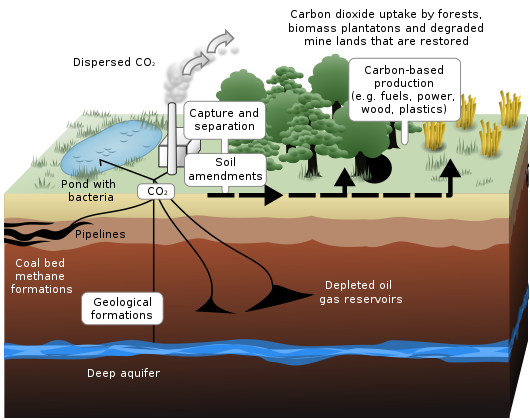...while politicians, businessmen and traditionalists have been lambasted for being inhumane, unfeeling and unethical.
HAY GUYS!! Do not fight!
First off, let's understand the few kinds of environmentalists (courtesy of Alex Steffen):
"Light greens" see protecting the environment first and foremost as a personal responsibility. They fall in on the transformational activist end of the spectrum, but light greens do not emphasize environmentalism as a distinct political ideology, or even seek fundamental political reform. Instead they often focus on environmentalism as a lifestyle choice.
"Dark greens" believe that environmental problems are an inherent part of industrialized capitalism, and seek radical political change. Dark greens believe that dominant political ideologies (sometimes referred to as industrialism) are corrupt and inevitably lead to consumerism, alienation from nature and resource depletion. Dark greens claim that this is caused by the emphasis on economic growth that exists within all existing ideologies, a tendency referred to as "growth mania".
"Bright greens" emerged as a group of environmentalists who believe that radical changes are needed in the economic and political operation of society in order to make it sustainable, but that better designs, new technologies and more widely distributed social innovations are the means to make those changes - and that society can neither shop nor protest its way to sustainability.
In layman terms, Light Greens refer to the smaller specks who believe in internally "feeling good being a hippy", Dark greens are angry environmentalists, and Bright greens are just awesome.
In layman terms, Light Greens refer to the smaller specks who believe in internally "feeling good being a hippy", Dark greens are angry environmentalists, and Bright greens are just awesome.
-------------------------------------------------------------------------------------------------------
1) Don't confuse novelty with progress
We all love the concept and idea of sustainable technology, be it architecture, day-to-day appliances or vehicles. But some of these inventions obviously subscribe to form over function. Looks cool with the word "eco" on it with a nice matte green coating and stenciled leaves, but does it actually work?
2) Take inspiration from the past and move on
As mentioned, we need not be like cavemen to be smart about our living. Mother Nature always has things to teach us, and we should reflect these ideas in our creations.
3) Progress itself may be measured linearly, getting there isn't a single path...
...but it's a whole delta and network of people, no matter how small (specks like us!), regardless what kind of green you are, even non-greens, making the effort to contribute. A single decision to change any small action of yours ripples uncontrollably across continents and that tiny action might save or destroy something, someone out there.
4) All things in moderation and balance
To fully understand the intention, effects and importance of sustainability, there are a few realms of patterns to consider before quickly going "green'"; personal (smallest), local, regional, national, continental and universal (largest).
5) In any form of decision making...
...especially for environmental issues, it should always and/both and never either/or. How can we fully eradicate modernity, industrialisation and consumerism? Why not work with these to our advantage and find a balancing point? Things are never that simple in black and white. :(
Extremity is one of humanity's biggest weaknesses. Let's prevent it now. Yeahhh!


















